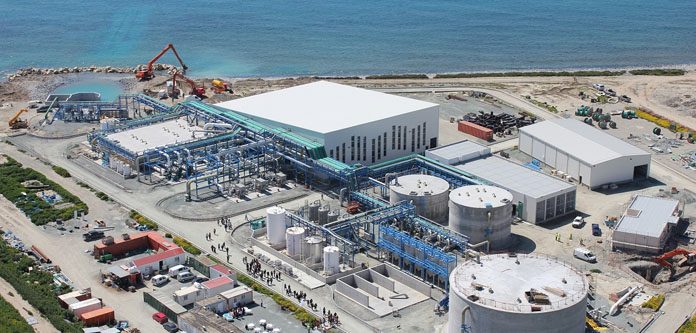A new desalination plant is set to be developed in Laayoune, Morocco in a bid to strengthen the drinking water supply in the Western Sahara. According to Morocco’s National Office of Electricity and Drinking Water (Onee), which is implementing the project, the desalination plant will be operational by June 2021 and is expected to meet the city’s drinking water needs until 2040.
The project involves construction of three storage tanks with a cumulative capacity of 5,500m³ and pumping stations to facilitate the delivery of water to households in Laâyoune. It is projected to have a capacity of 26,000 cubic metres per day in the future.
Also Read: Construction of Agadir desalination project in Morocco on track
Priority Drinking Water Supply and Irrigation Programme
Upon completion, the plant is expected to increase the overall capacity of the city’s treatment plants to 52,000 cubic metres per day. The project will require an investment of US $41m. The project is also in support of the 2020-2027 Priority Drinking Water Supply and Irrigation Programme, which is now being rolled out in Morocco.
It aims to improve the drinking water supply to the population and develop agriculture through the improvement of irrigation in Morocco. The US $12bn investment for the program will be used to develop surface water resources through the construction of new dams.
A significant part of the budget will be used to exploit non-conventional water resources through the construction of seawater desalination plants and treatment plants, with reuse of treated wastewater. Although Morocco is rich in biodiversity, this is now threatened, in large part because water resources are poorly managed; 35% of piped water is lost, and water stocks are being polluted with industrial and urban waste. Cultivable land is also compromised because of water shortages and soil erosion.

Leave a Reply